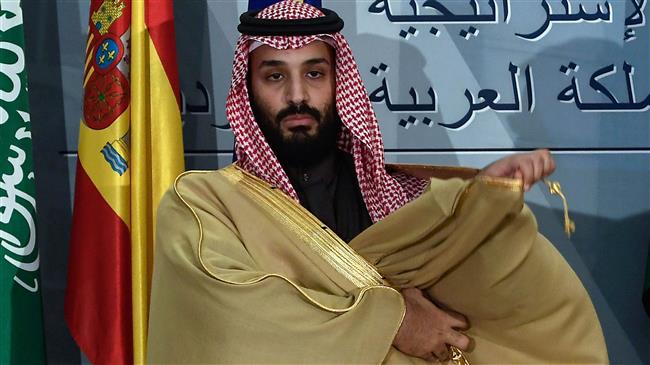
RNA - Foreign direct investment (FDI) in Saudi Arabia fell to just $1.4 billion last year, down from $7.5 billion in 2016 and some $12.2 billion in 2012, newly published data from the UN Conference on Trade and Development (UNCTAD) showed Thursday.
The massive failure in attracting international investment put Saudi Arabia behind much smaller countries like Oman and Jordan with FDIs of $1.9 billion and $1.7 billion respectively.
Saudi Arabia has also lost its appeal as one of the main destinations of investment coming to the West Asia region, as it managed to attract only 5.6 percent of the regional total. The figure stood at around a quarter between 2012 and 2016.
According to Press TV, Saudi's neighbors have made the most off of the kingdom's struggle, with United Arab Emirates (UAE) having managed to more than double its share of regional FDI over the past six years, going from 19 percent in 2012 all the way up to 41 percent in 2017.
Even Qatar, which has been under an economic siege by Saudi Arabia, Egypt, Bahrain and the UAE, since June last year, managed to increase its FDI from $774 million in 2016 to $986 million in 2017.
UNCTAD said the failure was partly because of significant divestments and negative intra-company loans by foreign multinational firms.
One example was the UK/Dutch Shell Group which sold its 50-percent share in the Saudi Petrochemical Company (SADAF) to its partner Saudi Basic Industries Corporation (SABIC) for $820 million in August.
This is a slap in the face for bin Salman, who has been leading a push to attract more foreign investments to help fund his economic reform program which envisions construction of new cities, expansion of tourism and loosening regulations that restrict foreign ownership of companies listed on the Saudi Stock Exchange.
To make the plan work, bin Salman has extensively toured the US and Europe. He also held a Future Investment Initiative conference last year and plans to hold a second one this year, hoping to attract investors.
What seems to be keeping foreign investors from venturing into Saudi markets is the current power clash among the royals, which has seen bin Salman try to strengthen his grip on power by arresting dozens of princes, ministers and former ministers under a so-called anti-corruption probe.
847/940